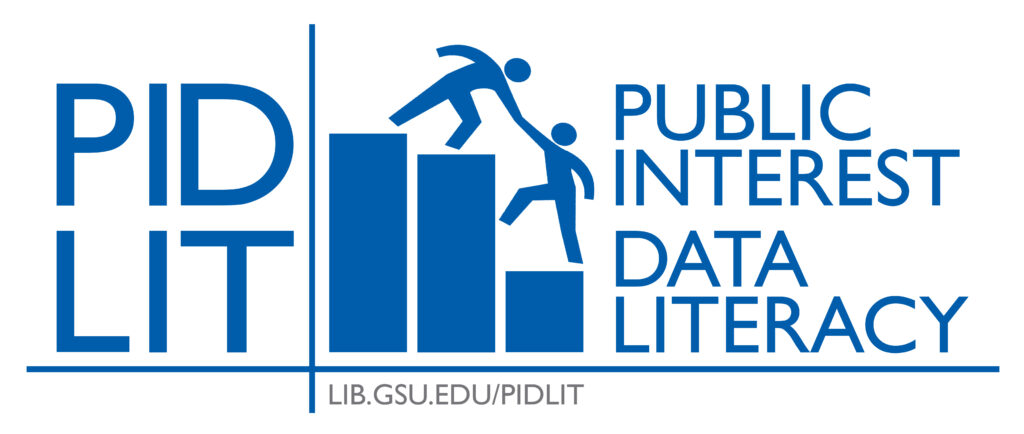Resource: Public Interest Data Literacy
Georgia State University
Data Science & AI
May, 2023
Public Interest Data Literacy (PIDLit) at Georgia State University weds the skills of data literacy with the frameworks and tools of public interest technology.
Below, find curricular resources created by PIT-UN Grantees Mandy Swygart-Hobaugh and Ashley Rockwell, which are open and available for anyone to use to advance data literacy for the public good.
About PIDLit at Georgia State University
Communities need people who are skilled in finding, evaluating and using data: thoughtful and well-prepared data experts who can evaluate and use data and data technologies to support the public interest. The PIDLit initiative prepares students to be those data experts, and has built institutional support by tying its work to GSU President M. Brian Blake’s Four Pillars.
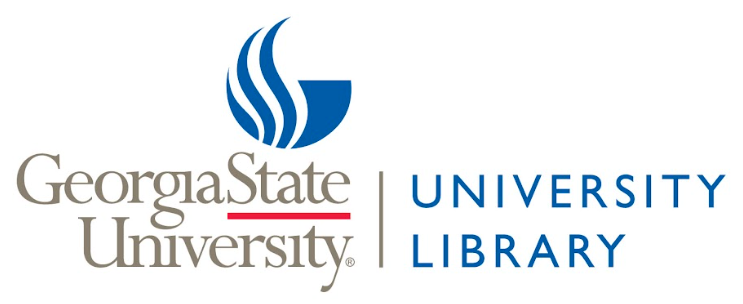
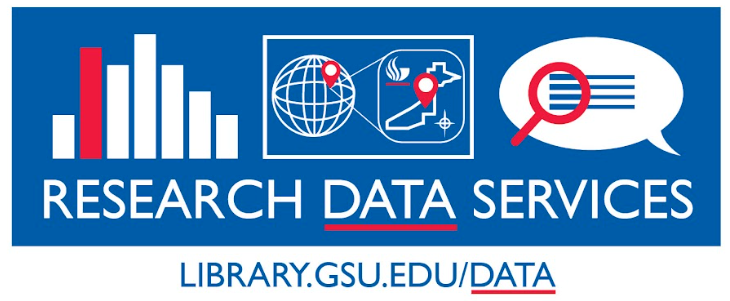
The PIDLit Lab at Georgia State offers resources, training and experiential courses for GSU students and faculty to become more data literate, and engage in community-based data projects.
The Data Ready! Video Series covers core data literacy skills with real-life examples. The seven videos include modules on:
Data Samples, Populations & Representative Samples
Data Averages: Mean, Median, Mode
Algorithms, Black Boxes & Ethics
Correlation, Causation & Misleading Data
Misleading Data Visualizations
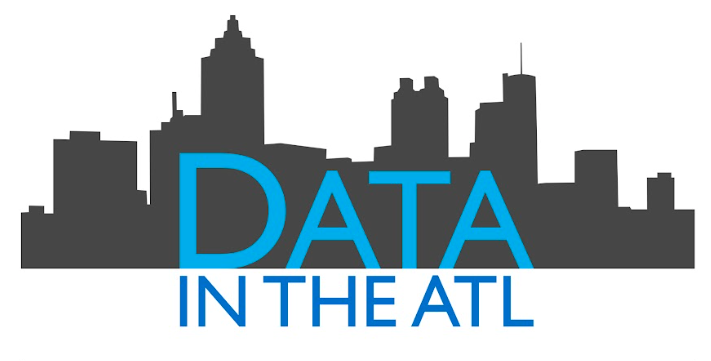
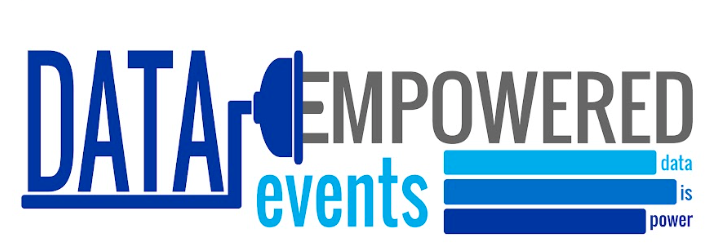
PIDLit’s Data in the ATL and Data Empowered Events series features local and global professionals and social justice advocates who use data analysis & visualization in their daily work and careers. Recent talks include:
Using Data to Address Evictions and Equity Theft
Data Literacy as a Tool for Social Justice
The Intersection of Data and Art
Overcoming Data Challenges in the Fight Against Homelessness
Up Next: PIDLit Lab Tackles Food Insecurity
With 2022 PIT-UN Challenge funding, the PIDLit Lab will launch “Tackling Food Insecurity” in fall, 2023. The experiential course will connect students with local community partners from non-profit, public, and private sector organizations to apply data skills to address the real-world problem of food insecurity.
Students from all majors are welcome to enroll, and will gain gain a deep understanding of food insecurity, collaborate with community-based organizations like Panther’s Pantry and ATLytiCS, learn data collection and analysis skills, and learn about careers in public interest data.

To learn more about PIDLit, visit their website and reach out to Mandy Swygart-Hobaugh, Ashley Rockwell, or Georgia State PIT-UN Designee Bryan Sinclair.

